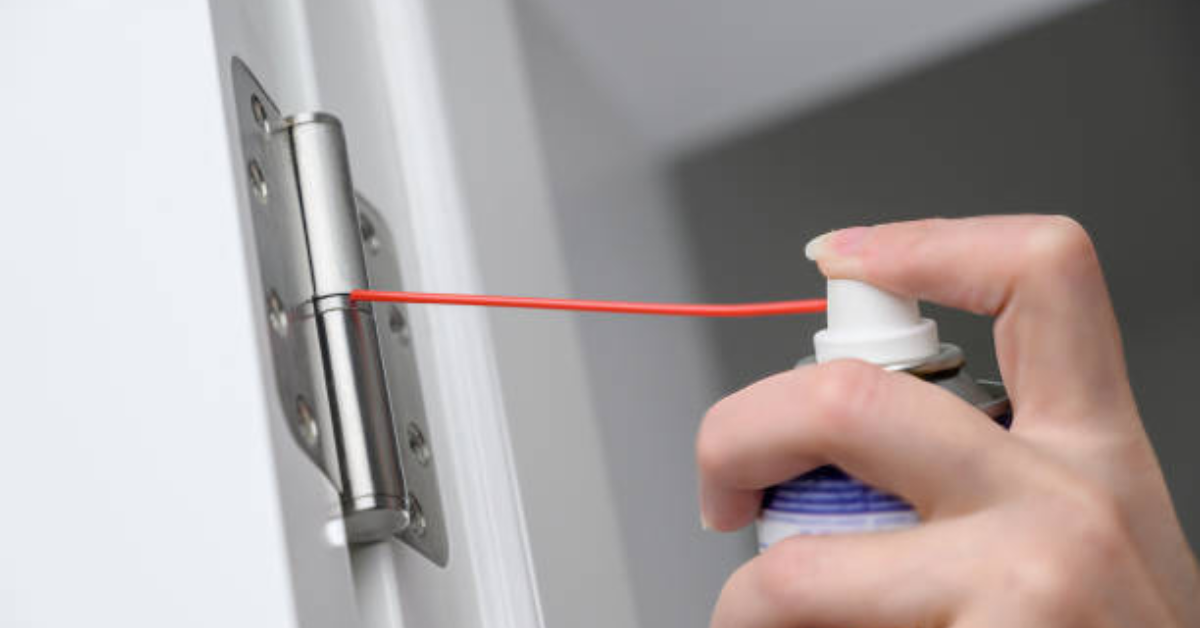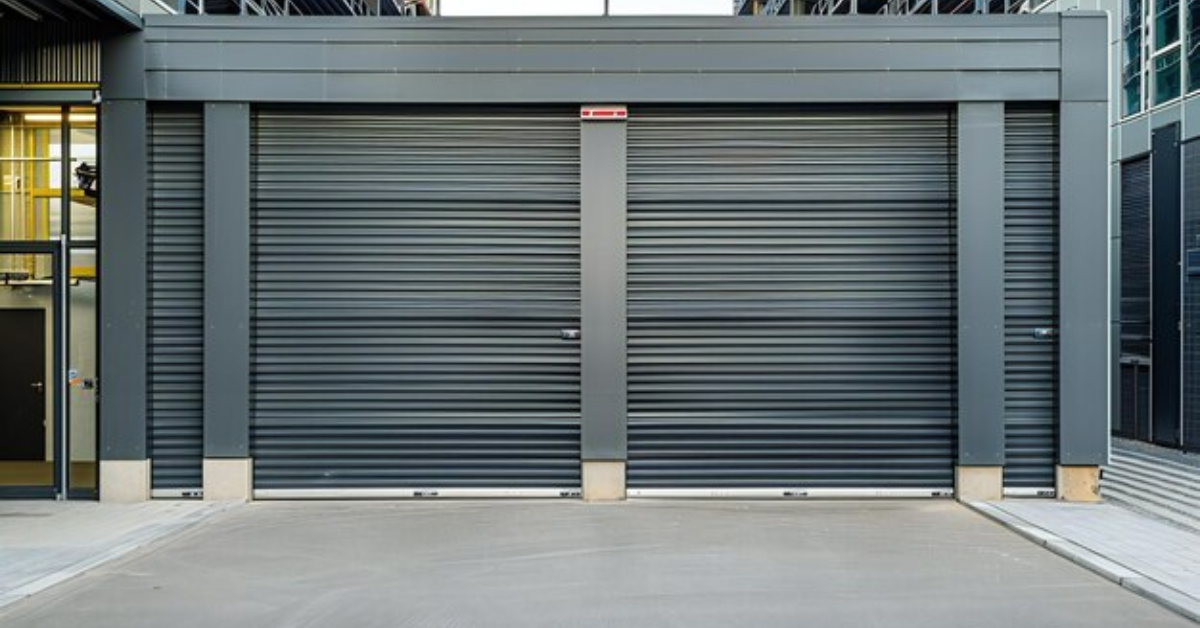What Is the Best Lubricant for a Garage Door?
A smooth-running garage door isn’t just a matter of convenience—it’s essential for safety, longevity, and noise reduction. Over time, the moving parts of your garage door—rollers, hinges, tracks, and springs—can dry out, causing squeaks, jerks, or even damage. The right lubricant can make a significant difference, but choosing the best garage door lubricant isn’t as simple as grabbing any can from your toolbox.
In this guide, we’ll break down what makes a good lubricant, which types work best for garage doors, and how to use them for long-lasting results.
Why Lubrication Matters for Garage Doors
Your garage door operates with multiple moving parts under constant friction. Without proper lubrication, these parts wear out faster, making repairs more frequent and costly. Common problems caused by lack of lubrication include:
- Noisy operation – Loud squeaks or grinding sounds.
- Stiff movement – The door feels heavy or jerky when opening/closing.
- Rust formation – Exposure to moisture without a protective coating.
- Premature wear and tear – Shortened lifespan of rollers, hinges, and springs.
Regular lubrication—ideally every 6 months—can prevent these issues while keeping your garage door running smoothly.
Silicone Spray vs. Lithium Grease: Which Is Better?
When it comes to garage door lubricants, you’ll often hear about two main options: silicone spray and lithium grease. Each has its strengths, but one is usually better for specific situations.
Silicone Spray Lubricant
Silicone spray is a lightweight, fast-drying lubricant that penetrates deep into small spaces. It’s water-resistant, dust-resistant, and doesn’t attract dirt as much as other oils.
Best for:
- Nylon or plastic rollers (especially those with ball bearings)
- Hinges and
springs
- Areas exposed to moisture
Pros:
- Doesn’t leave a sticky residue
- Works well in humid or wet climates
- Prevents corrosion
White Lithium Grease
White lithium grease is a thicker, long-lasting lubricant that adheres firmly to metal parts. It’s especially useful for parts under heavy friction and pressure.
Best for:
- Metal rollers and hinges
- Garage door opener chains
- High-friction joints
Pros:
- Stays in place for months
- Excellent for metal-on-metal contact
- Offers strong rust protection
The Best Lubricants for Garage Doors
If you’re looking for top-rated products that are both effective and easy to find, here are some popular garage door lubricants recommended by professionals:
- WD-40 Specialist White Lithium Grease – Unlike regular WD-40 (which is more of a cleaner), this version is designed for lubrication and stays in place for months.
- 3-IN-ONE Professional Garage Door Lubricant – Specifically formulated for garage doors, this silicone-based spray works on hinges, tracks, and rollers without attracting dirt.
- Blaster Garage Door Lubricant – Known for reducing friction and noise, it’s perfect for year-round use.
- CRC Heavy Duty Silicone Lubricant – Ideal for nylon and plastic parts, this formula prevents sticking and squeaking in any climate.
Where to Apply Lubricant on a Garage Door
Lubricating your garage door isn’t just about spraying randomly—you need to focus on the right parts. Here’s where you should apply your chosen lubricant:
- Rollers: Apply lubricant to the ball bearings inside metal rollers. For nylon rollers, avoid the nylon surface and focus on the bearings.
- Hinges: Spray where the hinge pivots to reduce squeaking.
- Springs: Coat the torsion springs lightly to prevent rust and ensure smooth stretching.
- Tracks: Clean tracks first, then lightly spray a lubricant designed for sliding parts (avoid over-applying to prevent buildup).
- Locks and Arm Bar: A quick spray ensures the lock mechanism works without sticking.
How to Lubricate Your Garage Door Properly
Here’s a quick, safe process for lubricating a garage door:
- Disconnect the power to your garage door opener for safety.
- Clean moving parts with a dry cloth to remove dust and old grease.
- Apply lubricant sparingly—a little goes a long way. Over-lubricating can attract dust.
- Manually operate the door a few times to distribute the lubricant evenly.
- Reconnect power and test for smoother, quieter movement.
What Not to Use as a Garage Door Lubricant
While it’s tempting to grab whatever oil you have at home, some products can do more harm than good. Avoid:
- Regular WD-40 – Works as a cleaner, not a long-term lubricant.
- Motor oil – Thick and sticky, attracts dirt quickly.
- Grease for automotive parts – May be too heavy and cause buildup.
These substances can make your door sluggish and cause extra wear over time.
How Often Should You Lubricate a Garage Door?
For optimal performance, lubricate your garage door every 6 months. If you live in an area with extreme weather conditions—hot summers, freezing winters, or high humidity—you may need to lubricate more frequently. Always check for squeaks, stiffness, or visible rust as early signs that lubrication is due.
Final Thoughts
The best lubricant for a garage door largely depends on your door’s material and environment. For most homeowners, silicone spray is perfect for regular maintenance, especially for nylon rollers and damp climates, while white lithium grease is better for metal parts under heavy stress.
By using the right product and applying it correctly, you’ll not only extend the lifespan of your garage door but also enjoy quieter, smoother operation year-round.
Regular maintenance might take just a few minutes twice a year, but it can save you hundreds of dollars in repairs—and the frustration of a stuck or noisy garage door.

You might also like
Fix N Go Blog



